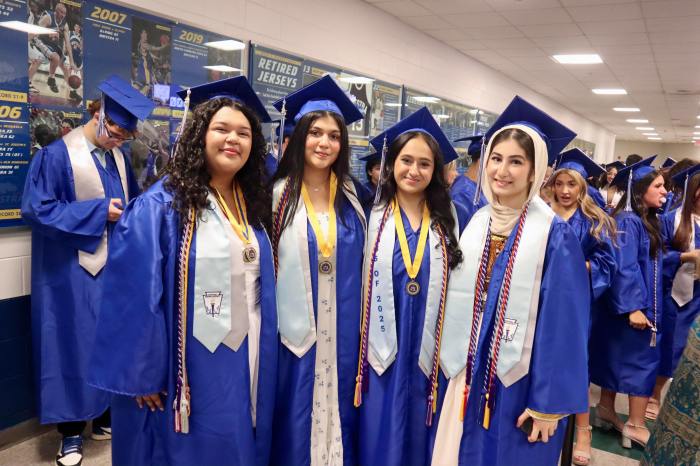“Elitist”. That’s a moniker with which I am frequently affixed and insofar as I contend that rule by philosopher-kings, cultured aristocrats, and scholarly noblemen bequeaths more enlightened governance than democratically-elected lawyers and other chattering classes, the charge is not wholly unwarranted. But that’s not the variant of elitism to which most are referring.
One of the great ironies of my life, amidst myriad, is that unlike proponents of egalitarianism and liberal democracy who brand me “elitist”, I don’t think there are, or ought to be, significant socioeconomic barriers to individual achievement. One will frequently hear the egalitarians
blame poverty, racism, sexism, discrimination, and cultural bias for the failure of young people to reach their full potential in life. But Samantha Garvey, last year’s runner-up in the Intel Science Talent Search, lived with her family in a homeless shelter. Ioana Radulescu, the Island
Trees High School Class of 2014 salutatorian, came to America from Romania in 2004 speaking almost no English. And the young museum volunteers I’ve worked with over the years, most of them from Asian and Islamic countries – and aspiring to be engineers, microbiologists, and physicists whilst their peers think they’ll become rock stars or professional athletes -are not from privileged backgrounds. Too, the biography section of book stores buckle under the weight of volumes about women, minorities, gay people, handicapped people, and people who grew up in poverty who went on to accomplish great things in life.
Now I think there is one major obstacle in contemporary American life and that obstacle is the culture of mediocrity and it is because of my personal jihad against it that I’m sneeringly and sanctimoniously called “elitist’ by those whose income, formal education, and social standing oftentimes exceeds mine own. I’ve been called snobbish, rude, intolerant, condescending, ignorant, and a few Anglo-Saxon unprintables in a family newspaper because I demand scientific evidence and historical accuracy to support extraordinary claims rather than Facebook memes, bumper sticker slogans, and pop culture clichés plastered on coffee mugs. I been labeled a bigot because I insist that right and wrong are not merely personal preferences, lifestyle choices, or social constructs handed down to us from on high by the feel-good psychobabble of TV talk show hosts and the lyrics of drug-addicted rock stars, but intrinsic elements in the human condition categorized by centuries of philosophy and theology. I’ve been called overbearing because I think that adults should employ spelling, grammar, and composition that exceeds what in my grandparent’s youth was deemed the Third Grade reading level.
If young people don’t grow up to be knowledgeable, cultured, polite, civic-minded, and responsible adults it’s because they are more interested in smoking dope, drinking beer, getting tattoos, watching sports on TV, playing video games, and hanging-out at the car lot behind
Wal-Mart. It’s because they come from homes where books, science, art, religion, history, philosophy, and volunteering in the community are less important than worshiping pop culture celebrities, professional athletes, and gadgets; because family outings are to the Mall rather than to museums, libraries, churches, and historic sites. It’s not really all that “elitist” to suggest that what’s preventing young people from attaining their full potential in life is a culture of mediocrity that offers only lazy, self-centered, ignorant oafs as role models. In fact, there’s something rather democratic about the notion than anyone – irrespective of race, color, religion, gender, socioeconomic background, sexual orientation, or physical handicap – can contribute something to society. And there’s nothing snobbish or condescending in observing that it’s the people around them that don’t expect, reward, or respect hard work and education that’s holding people back from achievement.
— Paul Manton

































